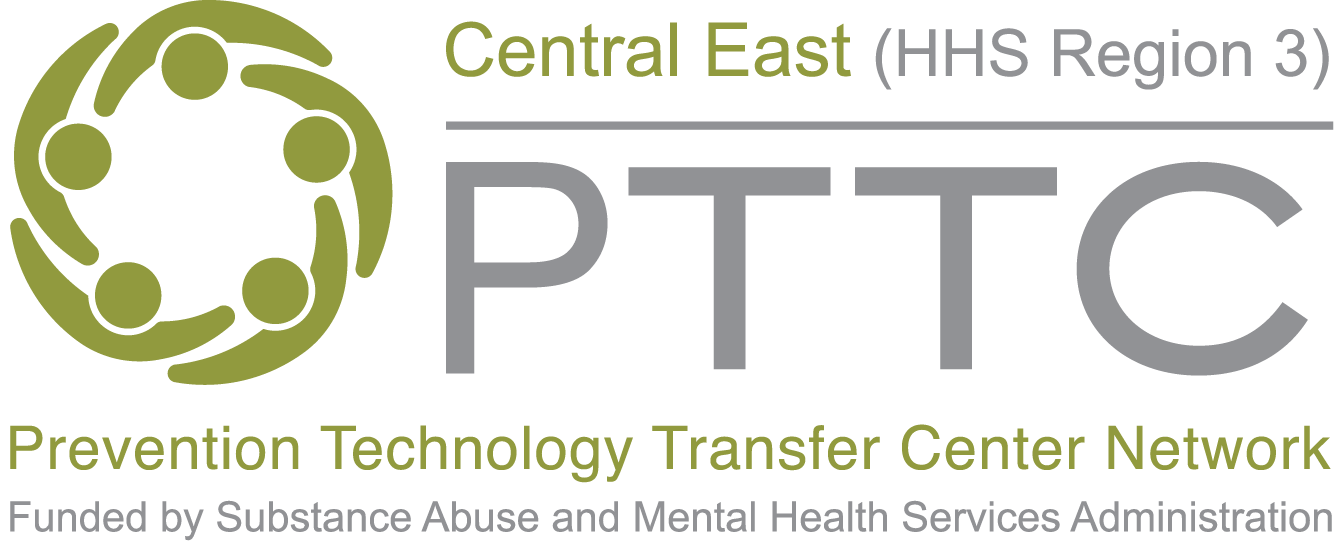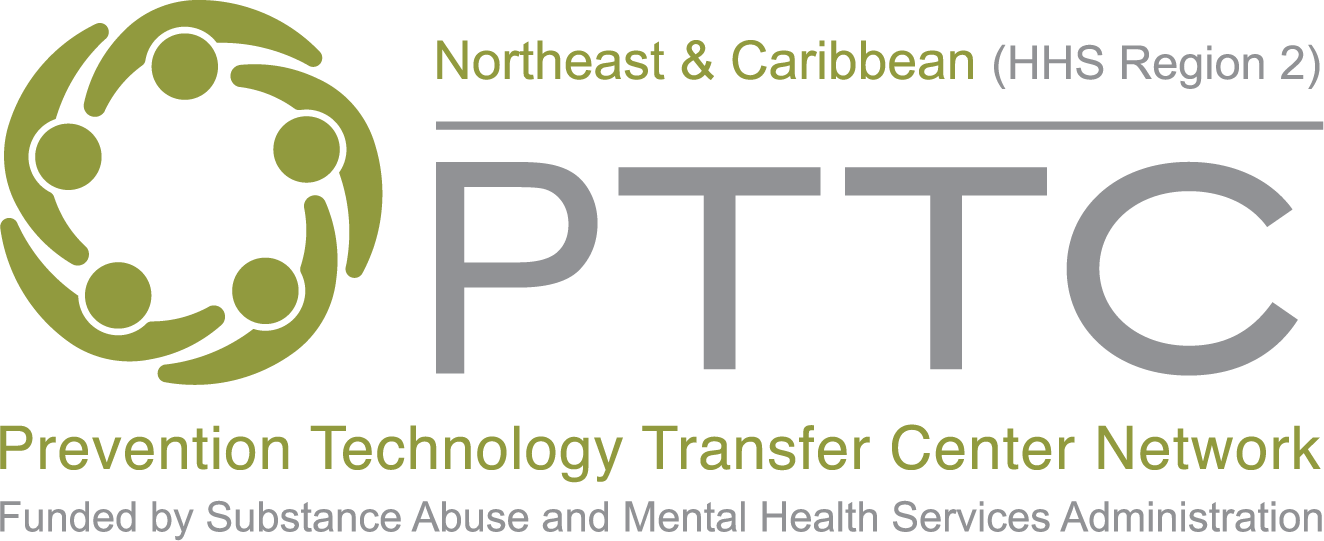

| Date: October 5, 2021 |  |
Format: Webinar |  |
Contact Hours: 1.25 NAADAC |
| Time: 1 PM—2:30 PM ET |  |
Cost: FREE |  |
COURSE DESCRIPTION
As our country continues to grapple with the Covid-19 pandemic, communities are experiencing emerging and worsening substance misuse problems relating to it. Many of these issues—for example, easing retail restrictions for alcohol and marijuana and the devastating rise in fatal opioid overdoses nationally—we are aware of it. But, many we are not, in part because the pandemic has hindered our ability to collect data to better understand what is happening in our communities. We as prevention practitioners need to have data to tell the story of how the pandemic has affected substance misuse in our communities, and to use that data to bring partners to the table to plan, implement and support strategies to meet these new challenges.
This four-part virtual learning event series, featuring two webinars and two interactive “learning labs”, will explore finding, collecting, understanding and, ultimately, using data to tell your community’s story through the covid-19 pandemic. It will provide you with the tools necessary to locate existing substance misuse-related data, fill in data gaps with local data collection, and troubleshoot issues relating to data quality. It will also highlight the importance of using data to create a compelling narrative about your community’s experience, interpreting data appropriately and framing it as a story that will resonate with your key stakeholders and the public alike. During the learning lab sessions, participants will have the opportunity to apply the information shared during the webinar sessions through hands-on activities and case study examples.
*Be sure to register for each part you wish to attend. You will need to register for the corresponding learning lab separately.
LEARNING OBJECTIVES
- Discuss substance use and misuse-related problems and related behaviors (e.g., changes in substances used, ways in which substances are used, consumption and consequence rates, relevant risk and protective factors) that have emerged in the past year
- List key considerations for collecting substance misuse-related data to develop your community story
- Identify strategies for filling data gaps caused or exacerbated by the COVID-19 pandemic
- Explore common issues associated with the quality of collected data
PRESENTERS
 Josh Esrick, MPP is a Senior Policy Analyst with Carnevale Associates. Josh has extensive experience in substance use prevention; researching, writing, and presenting on best practice and knowledge development publications, briefs, and reference guides; and developing and providing training and technical assistance to numerous organizations at the Federal, state, and local levels. He developed numerous SAMHSA Center for the Application of Prevention Technologies’ (CAPT) products on strategies to prevent opioid misuse and overdose, risk and protective factors for substance use, youth substance use prevention strategies, youth substance use trends, emerging substance use trends, the potential regulations surrounding marijuana legalization, as well as numerous other topics. Josh Esrick, MPP is a Senior Policy Analyst with Carnevale Associates. Josh has extensive experience in substance use prevention; researching, writing, and presenting on best practice and knowledge development publications, briefs, and reference guides; and developing and providing training and technical assistance to numerous organizations at the Federal, state, and local levels. He developed numerous SAMHSA Center for the Application of Prevention Technologies’ (CAPT) products on strategies to prevent opioid misuse and overdose, risk and protective factors for substance use, youth substance use prevention strategies, youth substance use trends, emerging substance use trends, the potential regulations surrounding marijuana legalization, as well as numerous other topics. |
 Jessica Goldberg, MSW, MPH is a certified prevention specialist and highly skilled trainer, designs and delivers impactful learning events, consultation, and coaching support. For over a decade, she has specialized in building capacity to improve health, mental health, and behavioral health. She brings a deep commitment to health equity and mental health equity to her leadership of in-person and virtual training and technical assistance (TTA). Her areas of expertise include preventing youth substance use; promoting cross-sector collaborations; addressing health disparities; and supporting strategic planning, logic model development, and sustainability planning. Jess holds an MPH and an MSW from Boston University. Jessica Goldberg, MSW, MPH is a certified prevention specialist and highly skilled trainer, designs and delivers impactful learning events, consultation, and coaching support. For over a decade, she has specialized in building capacity to improve health, mental health, and behavioral health. She brings a deep commitment to health equity and mental health equity to her leadership of in-person and virtual training and technical assistance (TTA). Her areas of expertise include preventing youth substance use; promoting cross-sector collaborations; addressing health disparities; and supporting strategic planning, logic model development, and sustainability planning. Jess holds an MPH and an MSW from Boston University. |
 Ivy Jones Turner, MA , an expert in behavioral and mental health promotion and prevention, is an experienced program leader, technical assistance (TA) specialist, applied researcher, and evaluator. Her expertise includes building the capacity of schools and organizations to effectively research, implement, evaluate, and sustain interventions to prevent substance misuse, suicide, youth violence, and bullying, and to promote social-emotional and mental health. Ivy delivers culturally competent, comprehensive support that helps EDC’s federal, state, community, and school district clients address system-level issues, incorporate evidence-based practices, monitor progress, and support staff in achieving program goals. Ivy holds an MA in Public Administration from Harvard University’s Kennedy School of Government and is certified in Massachusetts as a specialist in both prevention and conflict mediation. Ivy Jones Turner, MA , an expert in behavioral and mental health promotion and prevention, is an experienced program leader, technical assistance (TA) specialist, applied researcher, and evaluator. Her expertise includes building the capacity of schools and organizations to effectively research, implement, evaluate, and sustain interventions to prevent substance misuse, suicide, youth violence, and bullying, and to promote social-emotional and mental health. Ivy delivers culturally competent, comprehensive support that helps EDC’s federal, state, community, and school district clients address system-level issues, incorporate evidence-based practices, monitor progress, and support staff in achieving program goals. Ivy holds an MA in Public Administration from Harvard University’s Kennedy School of Government and is certified in Massachusetts as a specialist in both prevention and conflict mediation. |
*CONTACT HOUR ELIGIBILITY
In order to be eligible for the 1.25 NAADAC contact hours/certificate of attendance, you must join the live webinar in Zoom.
Certificates must be requested within one week of the event and will be processed within 30 days.
If you are having issues accessing the room/application at the time of the event: Please email [email protected] at the start of the webinar so that we can assist you.


